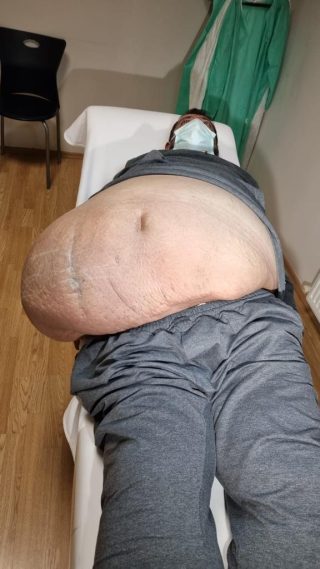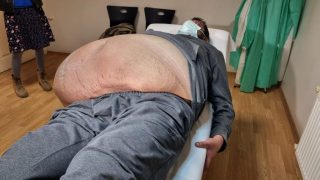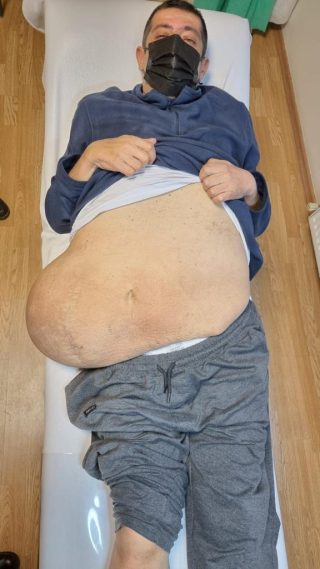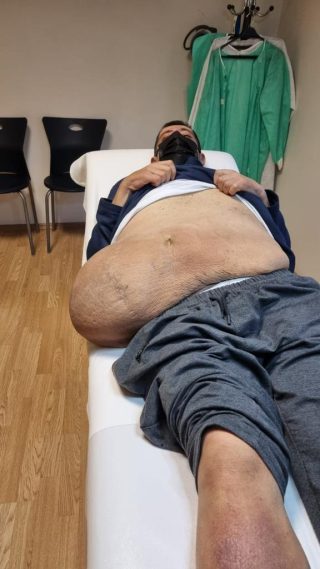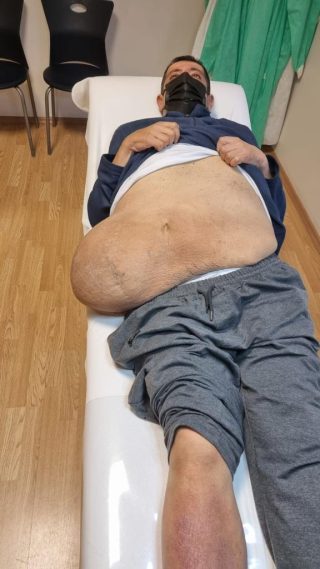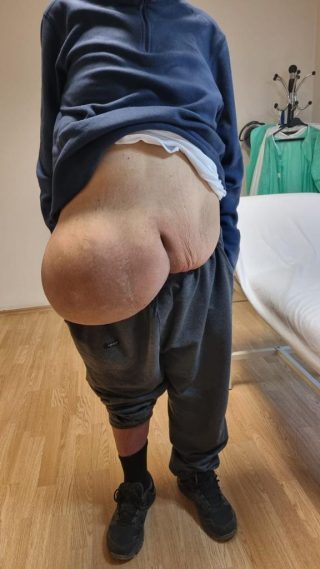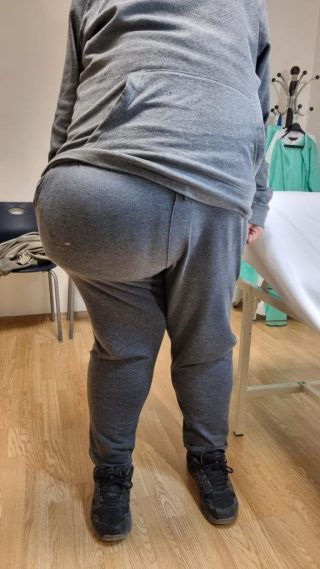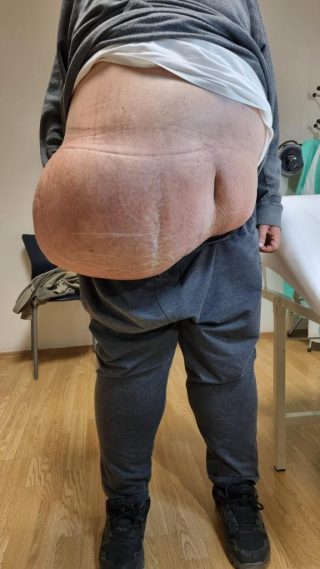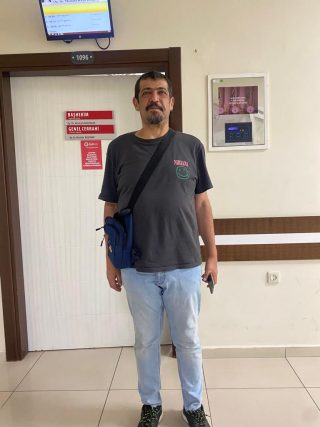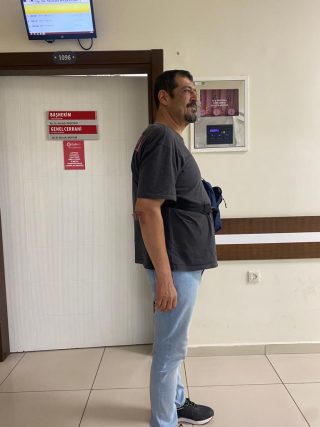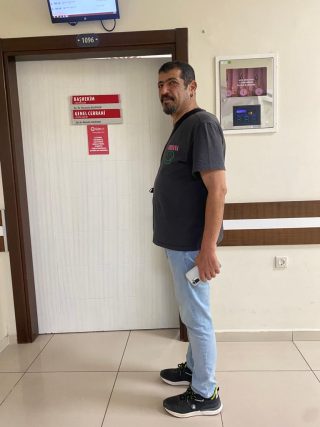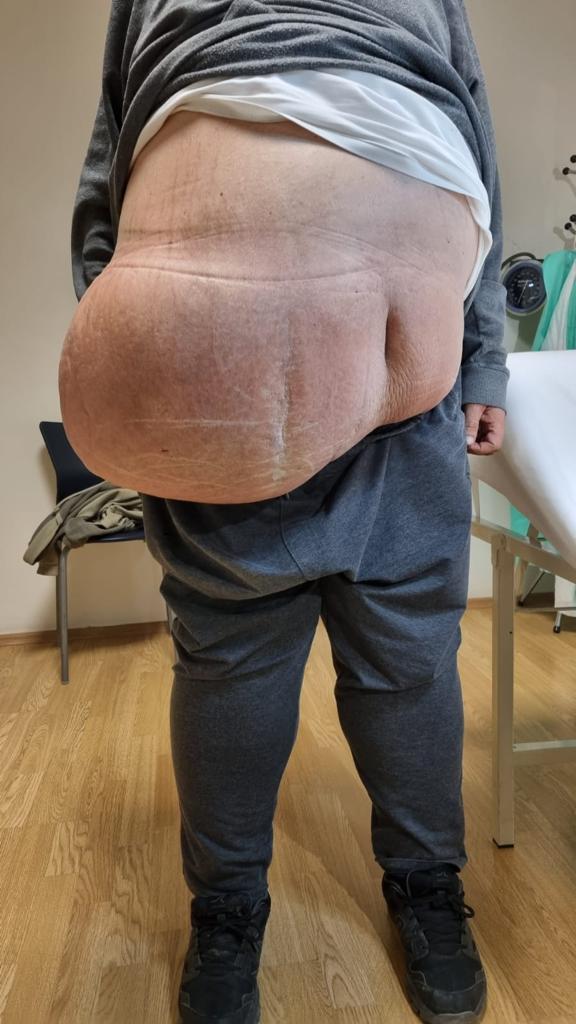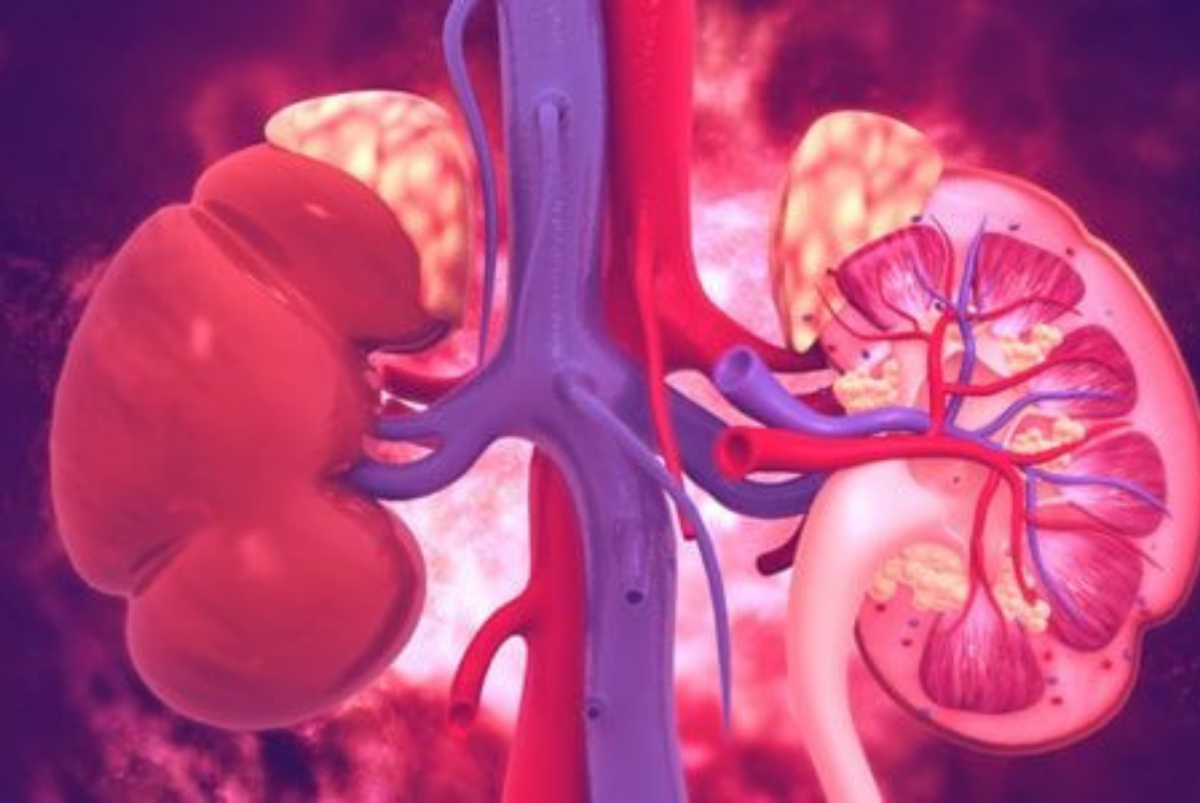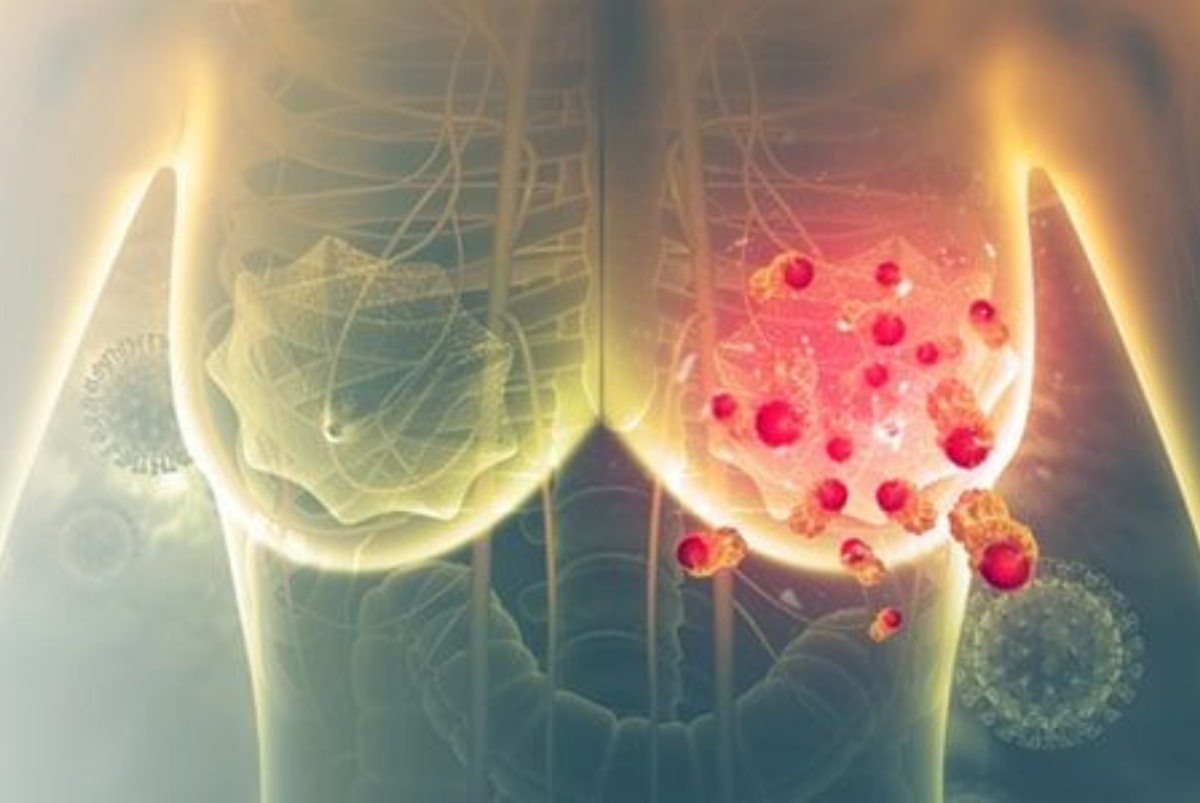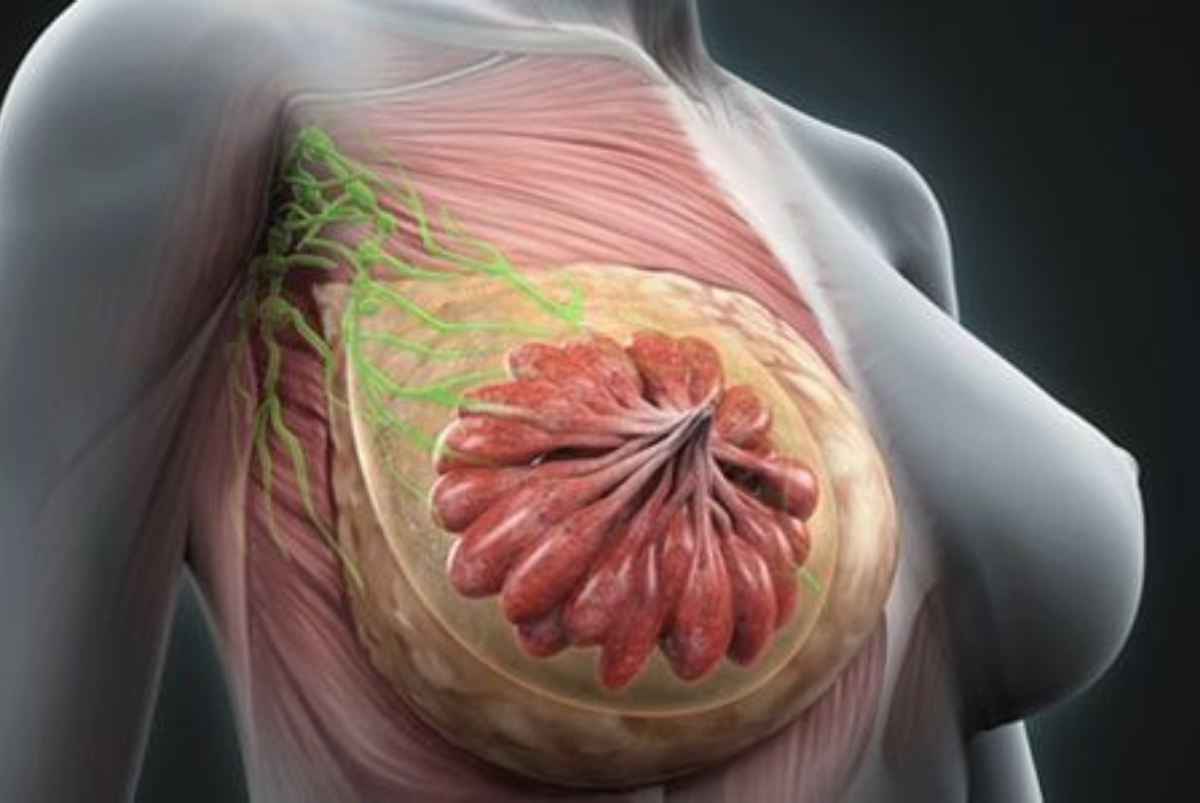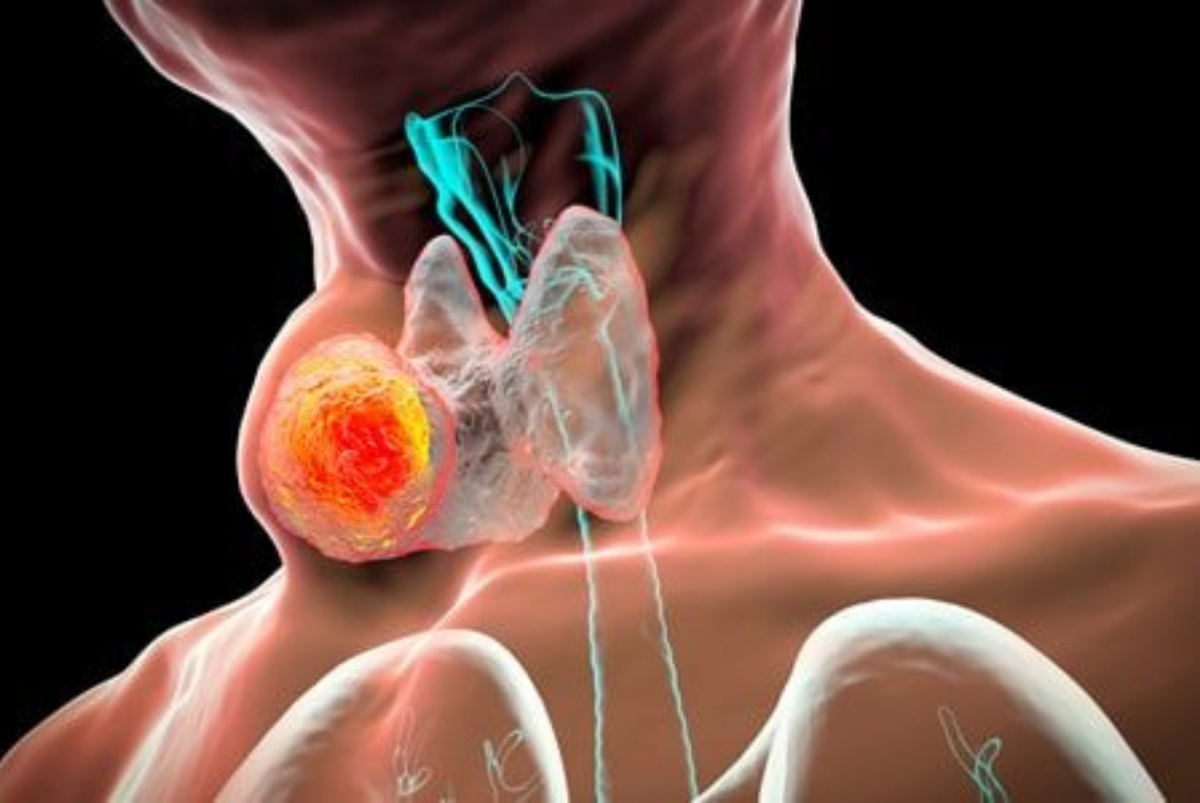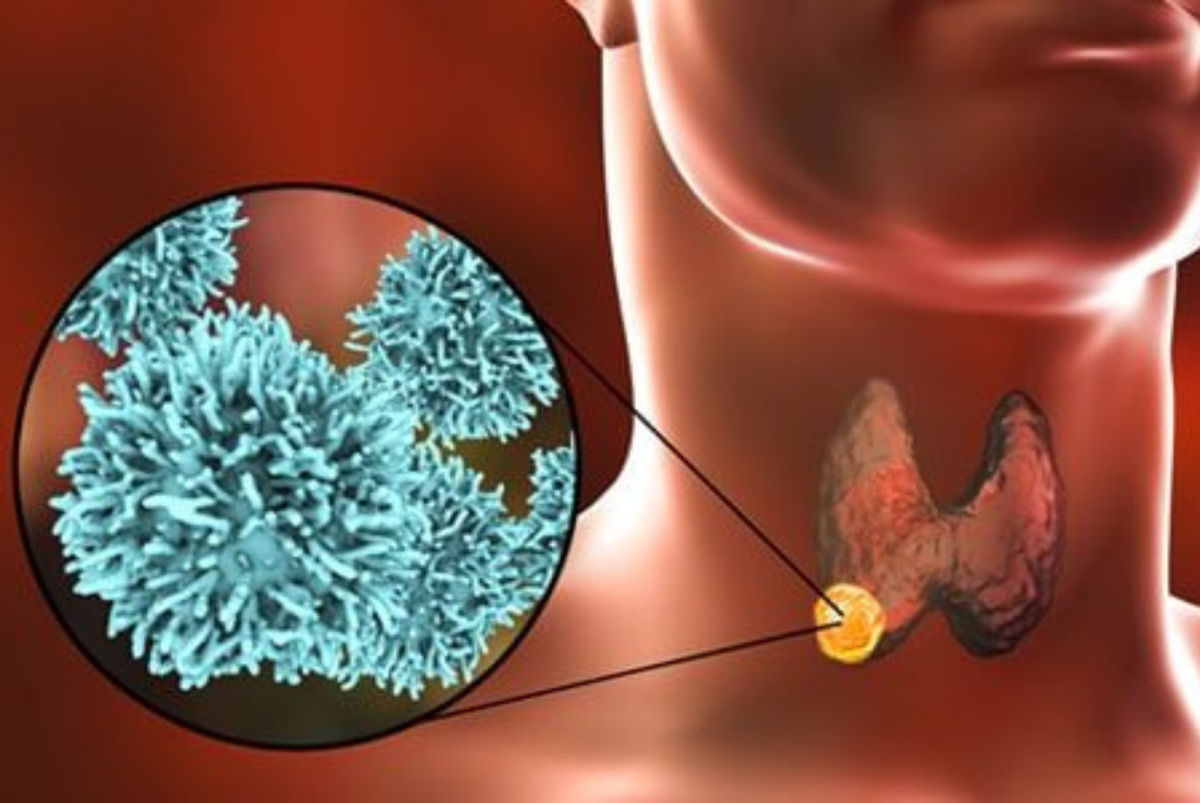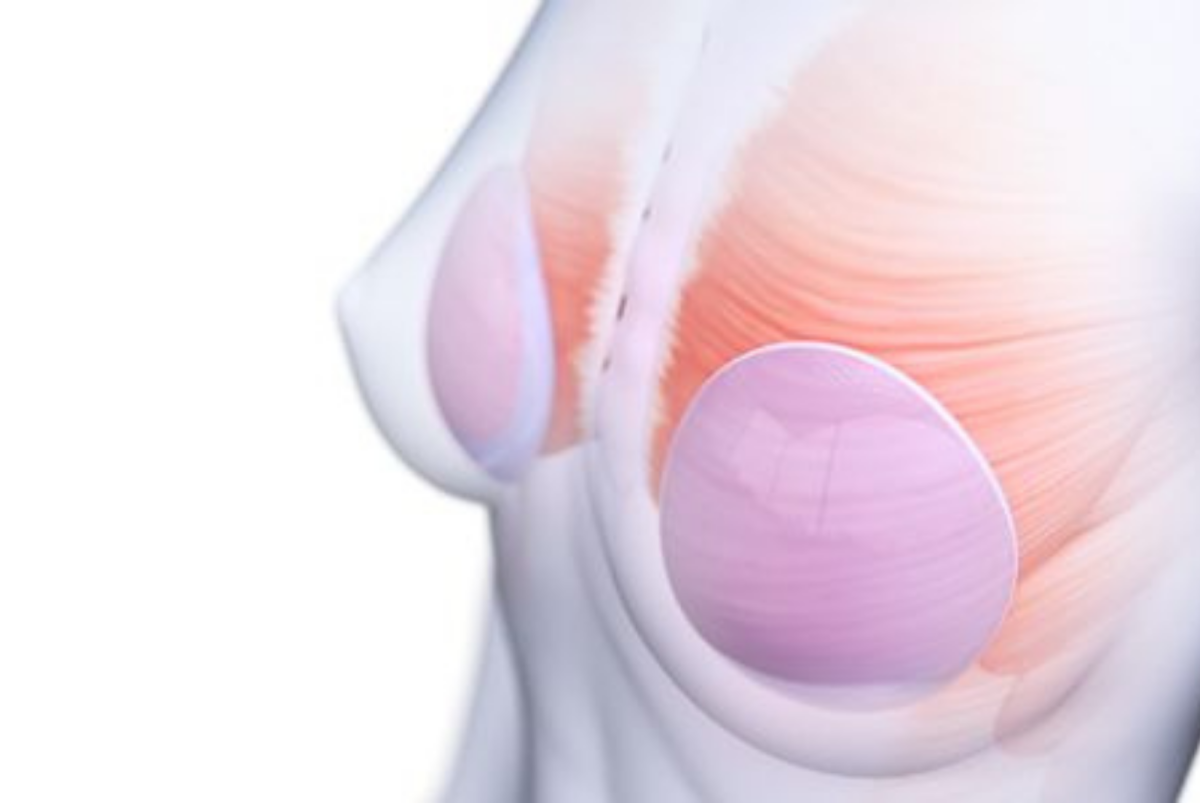Karın fıtığı, karın duvarının zayıflığı nedeniyle iç organların dışarı çıkması olarak tanımlanabilir. Hastalar genellikle ağrı, rahatsızlık ve belirgin bir şişlik yaşarlar. Ali Mıstıllıoğlu da bu durumdan muzdaripti. Ancak Eskişehir Genel Cerrahi’deki deneyimli cerrahlar sayesinde Ali, yeni bir hayatın kapılarını araladı.
Karın Fıtığı Nedir?
Karın fıtığı, karın duvarındaki kasların zayıflığından dolayı oluşan bir durumdur. Bu zayıf noktalardan iç organlar dışarı doğru fırlar ve karın duvarında bir şişkinlik oluşturur. Hastalar ağrı, bulantı, kabızlık gibi belirtiler yaşayabilirler. Ancak tedavi edilmediği takdirde daha ciddi sağlık sorunlarına yol açabilir.
Ali Mıstıllıoğlu’nun Hikayesi
Ali Mıstıllıoğlu, karın fıtığı sorunuyla uzun süre mücadele etmiş bir hastamız. Kendisi, karın ağrısı ve şişkinlik gibi belirtilerle kliniğimize başvurdu. Eskişehir Genel Cerrahi’deki deneyimli cerrahlarımızın yaptığı incelemeler sonucu, Ali’nin dev bir karın fıtığı olduğu tespit edildi.
Eskişehir Genel Cerrahi’nin Başarısı
Eskişehir Genel Cerrahi, deneyimli ve uzman kadrosuyla karın fıtığı tedavisinde öne çıkan bir sağlık kuruluşudur. Hastamız Ali Mıstıllıoğlu, karın fıtığı tedavisi için bize başvurduğunda, tedavi planını titizlikle oluşturduk.
Uzman cerrahlarımız, güncel ve kanıtlanmış yöntemler kullanarak Ali’nin karın fıtığını başarıyla tedavi ettiler. Operasyon süreci boyunca Ali’nin konforu ve güvenliği bizim için öncelikliydi. Ali, operasyon sonrasında hızla iyileşti ve normal hayatına geri döndü.
Eskişehir Genel Cerrahi olarak, karın fıtığı tedavisinde kalite ve başarıyı bir arada sunmaktan gurur duyuyoruz. Bizimle iletişime geçerek siz de karın fıtığı tedavisi hakkında daha fazla bilgi alabilir, sağlıklıbir yaşama adım atabilirsiniz.
Eskişehir Genel Cerrahi’de Karın Fıtığı Tedavisi
Eskişehir Genel Cerrahi, dev karın fıtığı tedavisinde yenilikçi ve etkin yöntemleri kullanmaktadır. Özellikle Ali Mıstıllıoğlu’nun durumunda olduğu gibi, ciddi ve karmaşık vakaları bile başarıyla yönetebiliriz. Uzman ekibimiz, durumunuza en uygun tedavi seçeneklerini belirlemek için geniş bir değerlendirme yapar ve sizinle birlikte en iyi tedavi planını oluşturur.
Sonuç
Ali Mıstıllıoğlu, Eskişehir Genel Cerrahi’nin profesyonel ve deneyimli ekibinin elinde dev karın fıtığı sorununu geride bıraktı. Karın fıtığı tedavisinde öncü olan kliniğimiz, Ali’nin hikayesini başarıyla sonlandırmanın haklı gururunu yaşıyor. Siz de Ali gibi karın fıtığı sorununuzdan kurtulmak isterseniz, Eskişehir Genel Cerrahi’yle iletişime geçebilir, sağlıklı bir yaşama ilk adımı atabilirsiniz.
